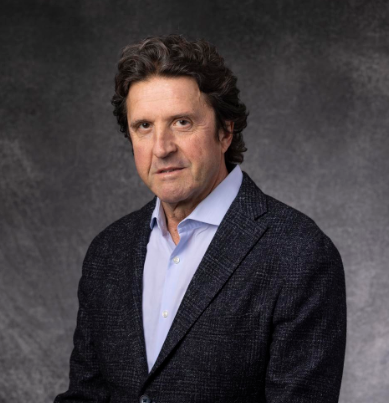I am excited to report that we have recently submitted the competitive renewal of our NIH P30 Center grant to be reviewed in the month of July.
While Drs. Theresa Pizarro and Claudio Fiocchi will continue to assist me as Associate Directors of the Center, we have made important changes, including appointing Dr. Florian Rieder as the new Director of the Biorepository Core. Dr Rieder brings significant expertise to this Core and our Center and has added a significant number of new state-of-the-art services for our Center members. I was very pleased with the overall progress of our Center during the last funding cycle in which we achieved many important accomplishments by the Scientific Cores and the Pilot & Feasibility (P&F) and Enrichment programs, including more than 120 high impact publications. For the present competitive renewal, we have significantly re-focused our Center’s Research Base around a single central theme: Mechanisms of Digestive & Liver Inflammation to maintain the strongest level of impact for our Center, allowing provision of new Core services and a significant increase of our P&F award amounts. Despite this restructuring, our research base has grown by ~20% since our last competitive renewal in 2019. In addition, the Cleveland DDRCC has pioneered efforts to enhance diverse perspectives and inclusivity in DDRCC-supported medical research, both in our workforce and individuals belonging to URiM groups suffering from digestive and liver diseases included in clinical research. Finally, I am particularly proud that over the past decade, 39 junior investigators have commenced their scientific careers within the environment of the DDRCC, many of whom have since obtained career development awards and/or independent research grants.
The past few months have been a productive and successful time in our Center for both clinical/translational and basic science research. Several Investigators have received individual NIH awards studying mechanisms of various digestive and liver inflammatory conditions. In addition, a number of faculty have obtained new collaborative grants within our Research Base, which now includes 2 DDRCC-supported P01 and 15 multi-PI R01 grants We are thrilled that our multiple-PI combined training grant (T32) in digestive health, awarded to the Case Western Reserve University, School of Medicine and the Cleveland Clinic Foundation, Lerner College of Medicine continues to flourish by bringing the best residents in the country to train in digestive disease sciences at two outstanding institutions. The training grant supports post-doctoral fellows (MDs, PhDs, and MD/PhDs) to obtain training in digestive disease sciences for a period of 2-3 years. The unique feature of this training program is that trainees have the option to train either at the CCF Lerner Research Institute or the CWRU School of Medicine, with the ability to choose among twenty mentors whose laboratories are supported by more than 20 million dollars a year in NIH funding. Our Case Medical Student Summer Research Program designed to promote the career development of physician-scientists, who will choose biomedical investigation as an essential component of their long-term professional development, with a particular focus on the mission areas of the NIDDK and NIDDK-related research, continues to be very successful. This very popular program among our medical students has been expanded to 12 weeks in accordance with the Curriculum requirements of the Medical School and continues to attract outstanding medical students.
I am very excited about all these accomplishments and look forward to the future successes of our Center.


